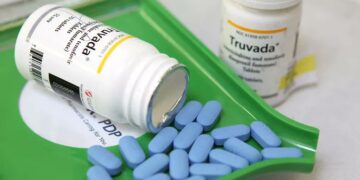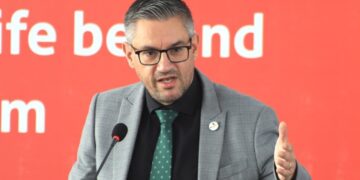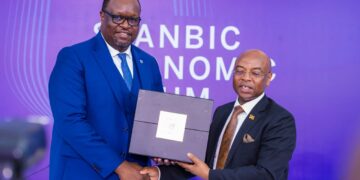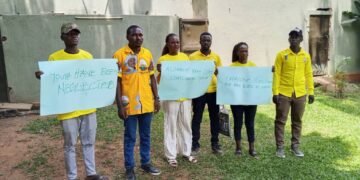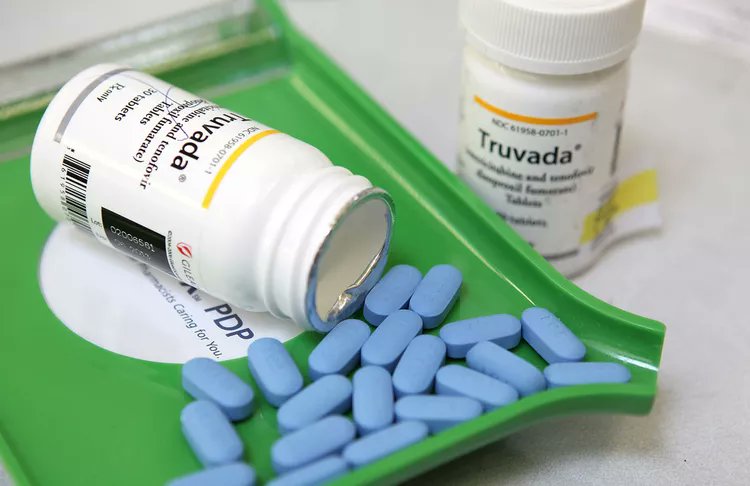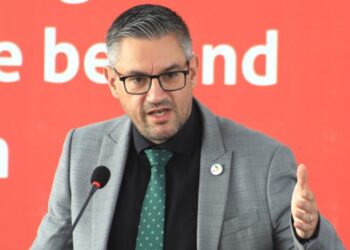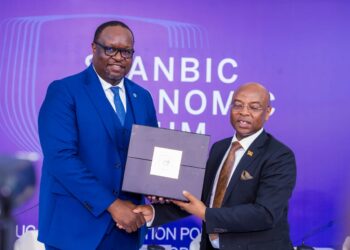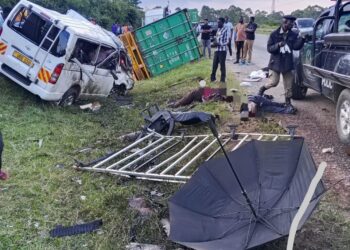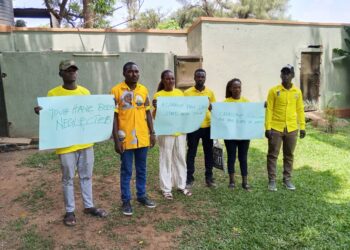By Leonard Kamugisha Akida,
KAMPALA
Uganda has continued providing uninterrupted HIV/AIDS services despite a recent disruption in donor funding following executive orders by the former U.S. administration that halted support under the USAID HIV program.
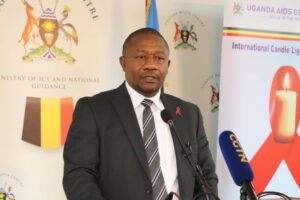
According to Dr. Vincent Bagambe, Director of Planning and Strategic Information at the Uganda AIDS Commission (UAC), the suspension of U.S. funding caused widespread concern among service providers and beneficiaries.
“The United States has been contributing over 55 percent of the funding for HIV services in Uganda,” he said, noting that the cuts threatened the continuity of care for over 1.5 million Ugandans living with HIV.
“We have agreed with the partners to ensure that services are not disrupted. In this period of uncertainty, all government health facilities and faith-based health facilities and non-government hospitals have continued to offer HIV services,” Dr. Bagambe said
Despite the 90-day freeze in funding, Dr. Bagambe confirmed that no stock-outs were reported in government, faith-based, and private health facilities. He added that the government and its partners are developing a sustainable financing roadmap to reduce dependence on external funding.
“We have integrated services where one health worker attends to a patient comprehensively, reducing the number of hospital visits,” Bagambe said.
Uganda records approximately 38,000 new HIV infections annually, around 1,000 weekly. Youth aged 15–24, particularly adolescent girls, and sex workers remain the most affected. Regions such as Karamoja and Bugisu report low prevalence, while Central, Central North, and South Western Uganda continue to show higher rates. The country also records about 20,000 AIDS-related deaths each year.
UNAIDS Country Director Dr. Jacqueline Makokha affirmed that Uganda has made progress in reducing new infections and remains on track to end HIV by 2030. She emphasized the importance of sustained collaboration among government, civil society, the private sector, and global partners.
“The HIV response is like a table with four legs, if one wobbles, the whole HIV response is shaken. So we must make sure that as we go ahead we are moving with the table intact,” she said, referencing the recent U.S. funding cut as a critical test of resilience. “We must ensure that all stakeholders remain committed.”
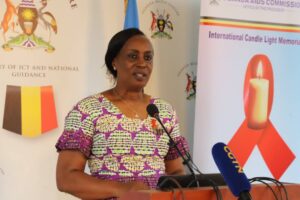
UAC Chairperson Dr. Ruth Ssenyonyi dismissed media reports of drug shortages and urged patients to continue accessing free antiretroviral treatment from public health facilities. “Don’t let anyone sell you medication under the pretext that government stocks are depleted, they are not,” she said.
Uganda will mark the International Candlelight Memorial on May 16, with activities aimed at honoring lives lost to AIDS and raising awareness. The event will begin with a walk from City Square to the UAC headquarters in Ntinda under the theme “Ending AIDS by 2030: Building a Sustainable Response.”
Health camps offering free HIV testing will be held at City Square, Nakawa, and Ntinda markets. Minister for the Presidency, Hon. Milly Babirye Babalanda, is expected to officiate the event.

Meanwhile, youth leaders have called on young people to get tested and know their status. Uganda National Students Association (UNSA) coordinator Paul Acaye urged youth to use social media to spread awareness.
“The same way you update your WhatsApp status, update your HIV status,” he said.
Sandrah Namigadde, a youth living with HIV, appealed to the government to involve affected individuals in policy making and strengthen protections against stigma and discrimination.
“The government should engage people living with HIV in decision making policies because you can’t decide for someone without listening to them,”said Namigadde.
